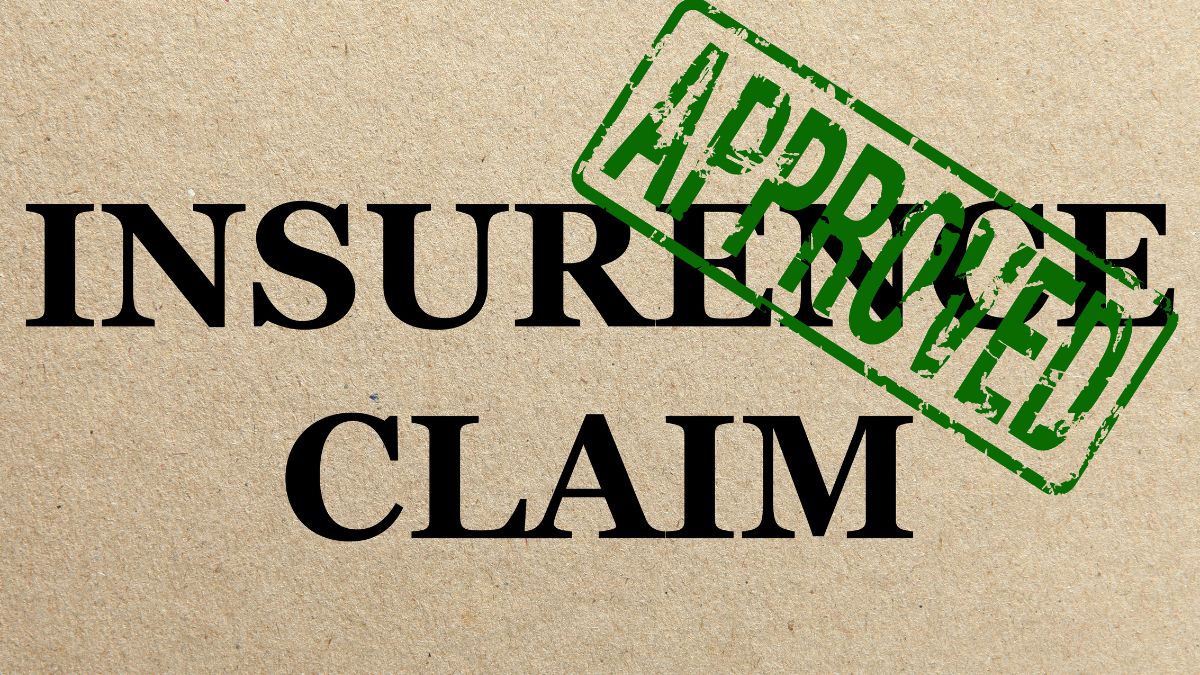Filing an insurance claim in Nigeria can be upsetting, especially when you face an unexpected life crisis. Whether it is an auto accident, robbery, home damage, or illness, understanding the claims process and knowing beforehand what to expect when filing for insurance claims helps alleviate any challenges you may encounter.
Read on to learn the claims process with these seven important tips on filing an insurance claim in Nigeria.
Understanding the Insurance Claims Process
Understanding the claims process is crucial in ensuring you receive the right compensation for your damages. Below are five easy techniques that better explain the claims process in Nigeria. Following these techniques will guarantee you a smooth navigation.
- File a claim: After incurring damages or loss, the first thing to do is to contact your insurance company and file a claim. They will then send a claim form with prompt instructions, which is important to follow thoroughly.
- Submit your documents: These documents could include but are not limited to your police reports, your account of the suspected incidents that may have resulted in the damages or loss alongside video recordings or photos, and the date, time, and location. You’ll also be expected to submit repair estimates or receipts as your claims type permits.
- Claim assessment or investigation: Once the insurance company receives your filed claim, a beginning and conclusion date will be communicated to you, and an insurance adjuster will be assigned to validate your claim via a series of investigations or assessments of the document you submitted and may be a privilege to evaluate your credibility in order to ascertain the cause of the damage or loss and its extent rate.
- Claim settlement evaluation: After an insurance adjuster completes their investigative rounds and checks all findings correctly, they evaluate your claim to determine the right amount of compensation befitting to clear your damages or loss. Consequently, this may involve comparing your claim with similar ones and adopting industry-standard methodology to calculate the value of the damage or loss.
- Negotiation: In the face that you’re unsatisfied with the compensation issued by the insurance company, you’re right to seek a negotiation for a higher compensation. However, this will involve submitting additional evidence to support your position or in some hiring a public insurance adjuster to reinvestigate and represent you.
- Settlement: But, in the case that the given settlement is to your liking, the claim will be closed, and your payment will be made into your account.
7 Important Tips on Filing an Insurance Claim in Nigeria
1. Get Familiarized with Your Policy
Even before damage or loss occurs, try to immerse yourself in the hows and whats of your policy coverage, exclusions, and claim procedures. This will enable you to know what is and isn’t covered, what each procedure entails, the duration it takes to acquire a claim, and how much settlement to expect.
2. Don’t Delay; Be Prompt
Act quickly, and don’t delay contacting your insurance company after damage or loss. This is because several claims come with expiration dates or time limits, so the sooner your claim is filled out and assessed, the earliest you will receive your settlement. Furthermore, taking prompt action demonstrates seriousness and ensures evidence is bagged fresh.
3. Prioritize Accuracy and Honesty
Prioritizing accuracy and honesty with the insurance company sends a message of credibility. Sometimes, when experiencing mental distress, inaccuracy takes most of us. Still, you should tell it as it happened without exaggerating since the insurance adjuster will figure it out during the investigation or assessment rounds. There is a high chance of this causing a delay in your payment.
Related Articles:
- Types of Insurance Policies Available in Nigeria: Which One is Right for You?
- Choosing the Right Life Insurance Policy in Nigeria: Term Life vs. Whole Life
- Claims Processes Explained: 7 Important Tips on Filing an Insurance Claim in Nigeria
- Travel Insurance: What It Covers and Why You Need It
- Flood Insurance in Nigeria: How It Works and Coverage
4. Explore Documentation
Document every relevant copy, whether a video, photography, or audio recording of the damage or loss and maintain organized records of them. Don’t forget to include police reports and receipts. They are important, too.
5. Communicate Clearly and Strategically
Stay in touch with the insurance company, particularly the claims department, and ask for professional assistance on areas you don’t understand. Do not hesitate to seek their help in gathering everything that is helpful in acquiring your insurance claim. This is a strategic way of always being knowledgeable and following the insurance company along in the process.
6. Make and Keep Duplicates
When submitting copies to the insurance company, ensure that you make and keep duplicates at home or with a friend or family member you trust. Wherever you keep them, they should be on a dry and clean surface since water and accumulated dust cause these papers to become brownish and wrinkled. Do not forget that this enriches your record and can be very relevant in the future. Sometimes, documents get misplaced, and a replacement is quickly needed.
7. Demand Necessary Negotiation
Do not be dismayed when you don’t like the insurance company’s decision. You’re right to disagree with them. Always demand necessary negotiation and seek assistance from the National Insurance Commission (NAICOM) and other options, like hiring a public adjuster to represent you in your negotiation case.
The Bottom Line
The filing claim process can be overwhelming but not undoable. By understanding the class process and following these valuable seven tips, such as prioritizing accuracy and honesty, familiarizing yourself with the insurance policy, acting quickly, and communicating clearly and strategically, you can navigate insurance claims in any state of Nigeria with utter confidence and ease.











